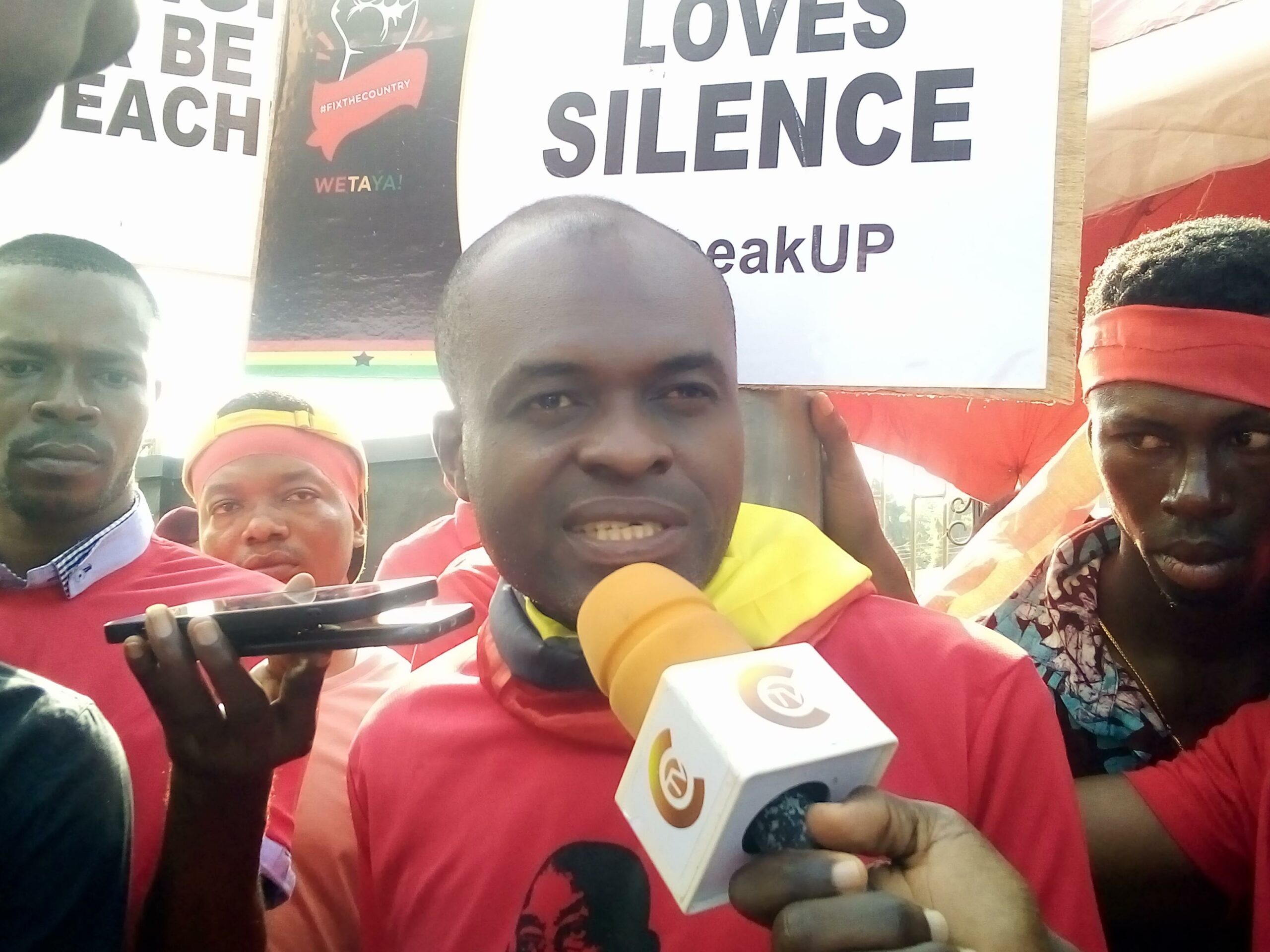
Mr Kpebu said: “I am at a loss for words, the judgement is laudable. The court is mindful of the interest of the state in carrying out investigations. Now the power to determine whether or not a suspect should be out or in cells would be determined by a judge”.
The Legal Practitioner had gone to the apex court to invoke the original jurisdiction of the Supreme Court over the interpretation of Article 14 clause (3) of the 1992 Constitution.
Mr Kpebu who sued the Attorney General was seeking a declaration that portions of the Holidays Act that bars the court from dealing with cases that hindered individual personal liberties was unconstitutional.
Article 14 clause 3 states that “a person who is arrested, restricted or detained (a) for the purpose of bring him to before a court in execution of an order of a court: or (b) upon reasonable suspicion of his having committed or being about to commit a criminal offence under the laws of Ghana and who is not released shall be brought before a court within 48 hours after the arrest and restriction or detention.
Mr Kpebu contended that being it weekend or holiday, those days should be counted in reckoning the 48 hours rule within which a person arrested or detained when it borders on the liberties of individuals
According to him, in Article 15 of the 1969 Constitution proscribes that the police should put people they arrest before court within 24 hours.
“So how come Ghana have slept over this and changed the law from 24 hours to 48 hours,” he asked.
He said the issue of bringing suspects before court within 48 hours should not be burdensome
Mr Kpebus said: “I am surprised Ghana had this all along but same was changed from 24 hours to 48 hours. The Supreme Court has done well by restoring us to where we belong to. Ghana should lead Africa as said by Kwame Nkrumah”.
He said in Nigeria, the law of producing suspects in court within 24 hours is being used so why not Ghana.
Usually when people are picked by the security agencies, weekends and holidays were not counted when it comes to the 48 hours rule.
This decision ends the practice whereby when people are arrested and detained by security agencies, they are sent to court within 48 hours whether or not the day is a public holiday or weekend or during strikes.
Delivering a land mark ruling, the outgoing Chief Justice Ms Justice Sophia A. Akuffo asked the incoming Chief Justice, Justice Anin-Yeboah, and the Inspector General of Police to ensure the enforcement of the apex court’s decision within six months.
According to the court, the incoming Chief justice within the six months period should ensure that administrative processes were put in place so that those specialized courts could sit on these periods.
Additionally, the Inspector General of Police should also conduct sensitization programmes for Police officers and Prosecutors to enforce the court’s decision.
Again the Judicial Secretary is to ensure that provisions for overtime for members of the Judiciary and Judges were worked on.
It held that the portions of the Holidays Act which seek to prevent access to justice were unconstitutional.
Other members on the panel were Justices Jones Victor M Dotse; Julius Ansah; Anin Yeboah; Paul Baffoe Bonnie; Sule Gbadegbe; Ampah Benin; and Professor Ashie Kotey.
Read Full Story














Facebook
Twitter
Pinterest
Instagram
Google+
YouTube
LinkedIn
RSS